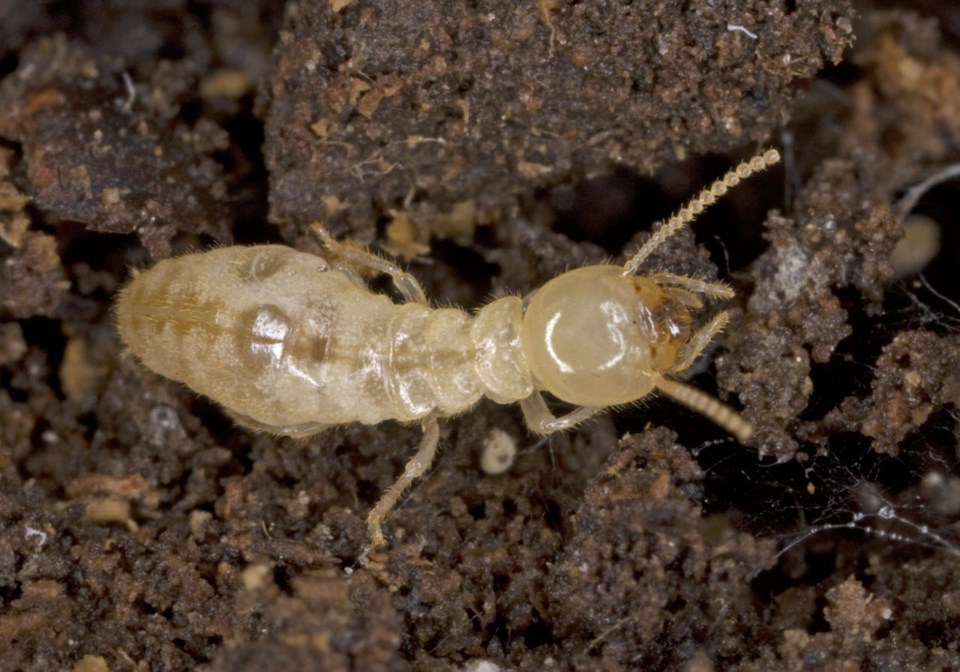CENTRE WELLINGTON – After a couple of tries to get something off the ground, Centre Wellington officially has a program to help residents with the township’s termite problem.
At its Tuesday evening meeting, Centre Wellington council approved the termite management subsidy program coming into effect almost immediately.
The program would see certain property owners eligible for a subsidy of 85 per cent or a maximum of $2,500 for initial termite treatment costs on the exterior of the home.
Properties would have to be in the red or blue termite zones which were identified as having active termite activity or were properties adjacent infested properties in a survey undertaken in 2020 and 2021. Other properties with confirmed termite activity are eligible as well.
That survey found 259 properties with active termite activity and a further 219 at risk of infestation in Elora and Fergus.
Centre Wellington treasurer and managing director of corporate services said staff are working on legal agreements with Aetna Pest Control and Orkin Canada outlining services and preferred pricing. The companies are licensed to install Sentricon termite control systems and homeowners would be required to use these vendors and product to be eligible for the subsidy.
“The applicant or property must be in good standing with the township, that is no payments in arrears and have sufficient evidence of product installation and treatment from one of the two preferred contractors,” McNabb said.
Property owners must also be registered to an annual subscription with the pest control company for a minimum five year term, he said.
Mayor Shawn Watters noted it has taken a lot of time to get to this point — the most recent push for the program stemmed from a motion made in February 2020 — and he stressed the need for education and awareness to be part of the solution to the township’s termite issue.
“We need to have a very high awareness in terms of educating our public in terms of the implication of moving wood on your property and I know that there are community groups that are now sort of spending a lot of time and energy trying to educate but I think that’s part of our job as well,” Watters said.
“The way we will be successful on this program is we obviously want to encourage people to take us up on the program because we know that will go a long way but it’s going to be a community effort.”
McNabb said once the agreements have been completed, which he expects to be soon, people can apply for the subsidy for treatment dating back to July 1, 2024.



